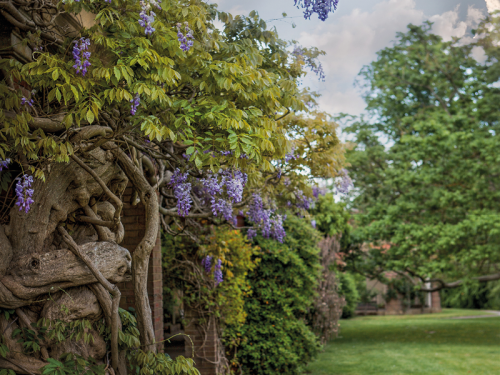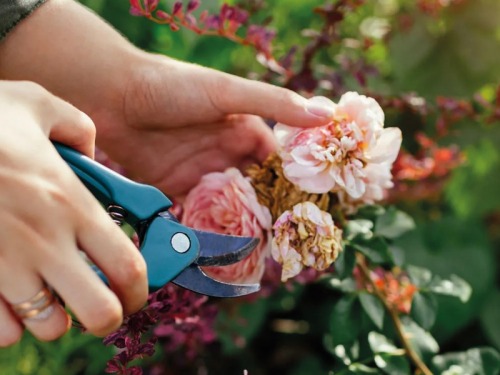How to Get Growing for National Allotments Week
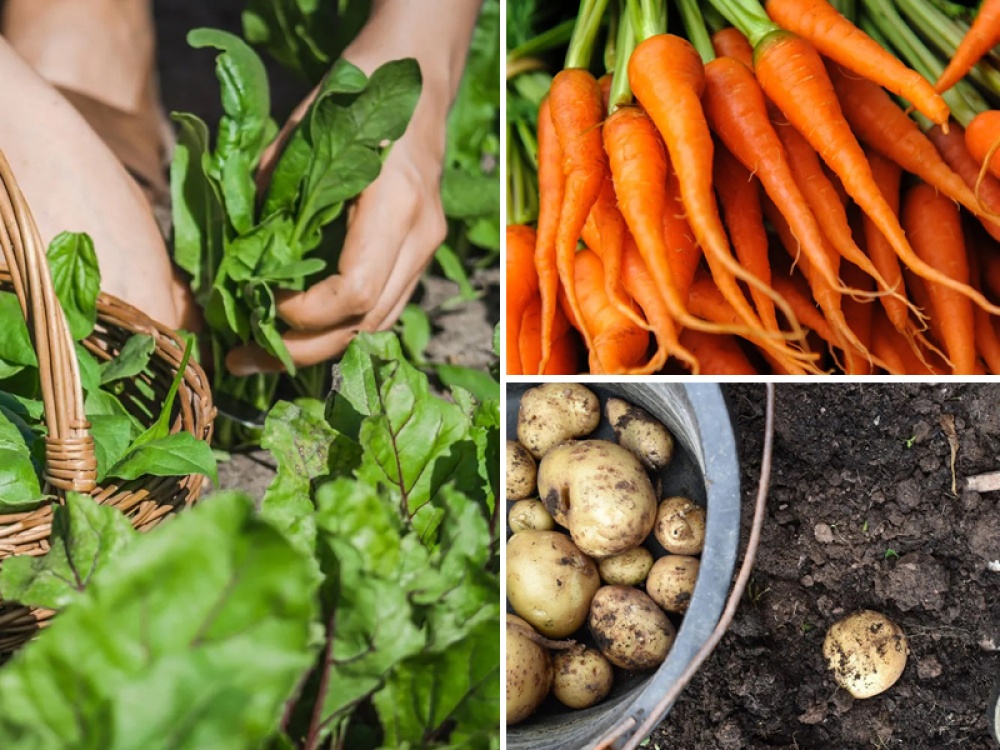
National Allotments Week runs from 7th-13th August - here's how you can get involved
This is the 21st year of National Allotments Week, run by The National Allotment Society, and this year’s theme is soil health. With the help of the experts at British Garden Centres, we take a look at what can be planted, the soil conditions needed, as well as how you can care for your soil to ensure a bumper harvest.
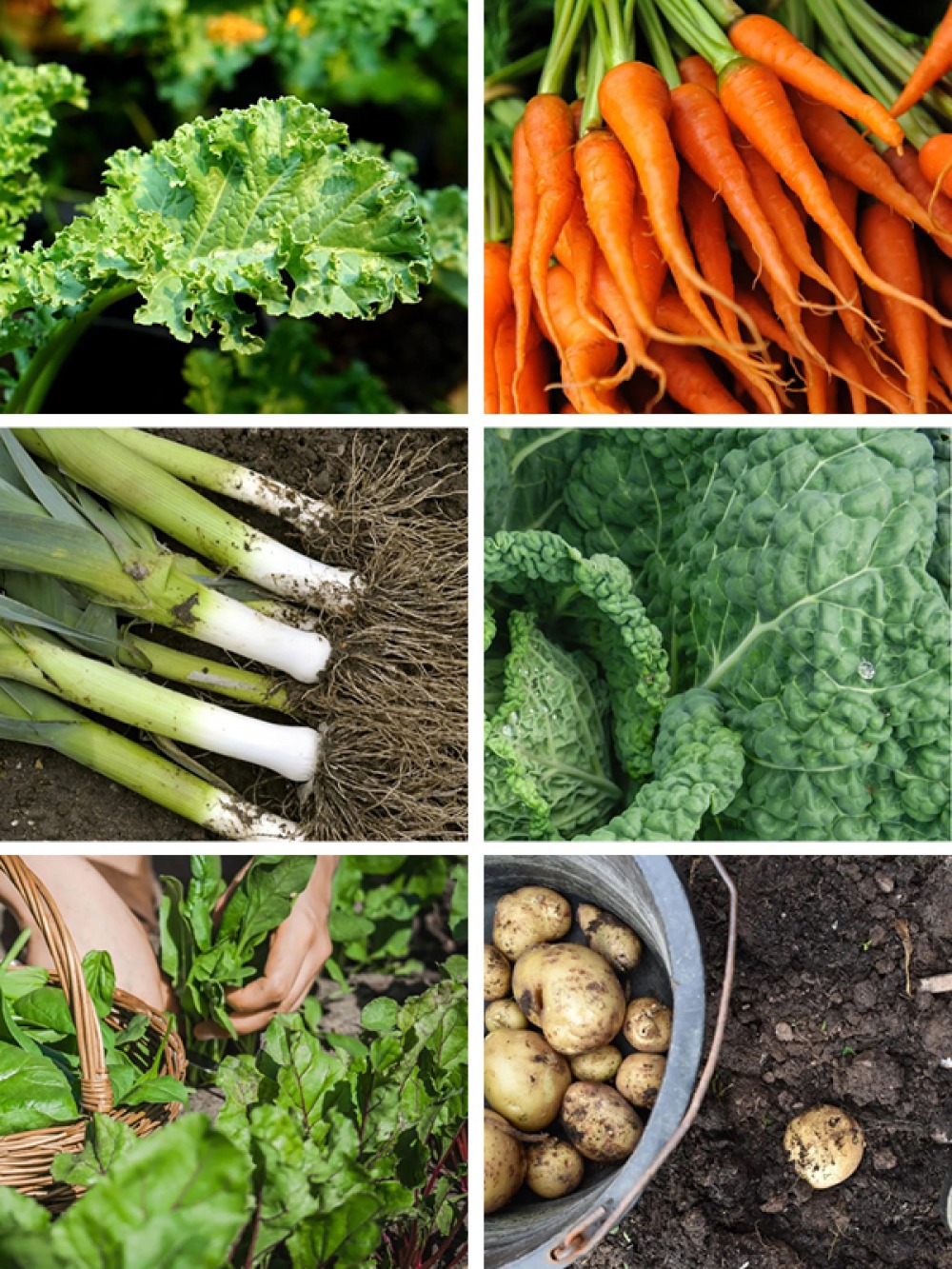
What to Grow
Kale
Kale can still be sown directly into the soil in August. We recommend sowing this leafy vegetable 5mm deep, spaced 45–60cm apart, in rows 75–90cm apart. When plants are 5–8cm tall, the kale can be cut and will re-grow so you will have a continuous crop well into the winter months.
Spinach
Spinach is easy to grow with a quick turnaround so it’s ideal for August planting. Plant about 2.5cm deep and space the rows 30cm apart. Spinach is a versatile crop for summer planting and can be planted in both pots and beds and will grow well in sun or partial shade. Keep picking regularly for a continuous crop right through to the autumn and winter months.
Winter Cabbages
Winter cabbages such as Supervoy and Tundra can be transplanted into the ground in August and will be ready to pick in a few weeks for your winter dishes. Plant 1.3–1.9cm below the soil. When you are watering, avoid the cabbage leaves and apply water directly to the roots to prevent causing the plant to rot. When the heads are firm, they are ready to harvest!
Late Potatoes
To have potatoes for Christmas Day, you’ll need to get them planted in August as they take 12 weeks until they are ready to be harvested. The varieties we recommend for a festive crop are Charlotte, Duke of York, Maris Peer and Pentland Javelin.
Baby Carrots
Haven't thought about growing carrots yet this year? There's still time to begin growing baby carrots and harvest these beauties to enjoy over the coming months. Sow now for abundant winter casseroles, soups, and roasts to get these vitamin-packed vegetables ready to eat in the future. If successionally planted now, you will have a fresh crop for your Christmas dinner too!
Leeks
Leeks are best planted in their final position in the ground in August. Prepare planting holes 15cm deep. It is recommended to plant the seedlings two-thirds underground and one-third above ground level. Remember to water the hole after planting 20-30cm apart. Good late-maturing varieties include Blauwgroene Winter Bandit and Porbella.
Know your soil
When planting your vegetables in the summer, we recommend that you prepare the soil by restoring the nutrients removed by earlier crops. A light layer of compost, mixed with an organic fertiliser and incorporating manure, will result in moist, nitrogen-rich soil. Make sure you keep on top of weeds, and checking the pH of your soil is important because it determines which nutrients are available to your plants.
Root vegetables will thrive in soil with a pH around 6.0 to 7.0 whilst spinach also grows in slightly more alkaline soil than most vegetables, at pH 6.5 to 7.5. If your soil is acidic, add finely crushed eggshells to raise the pH.
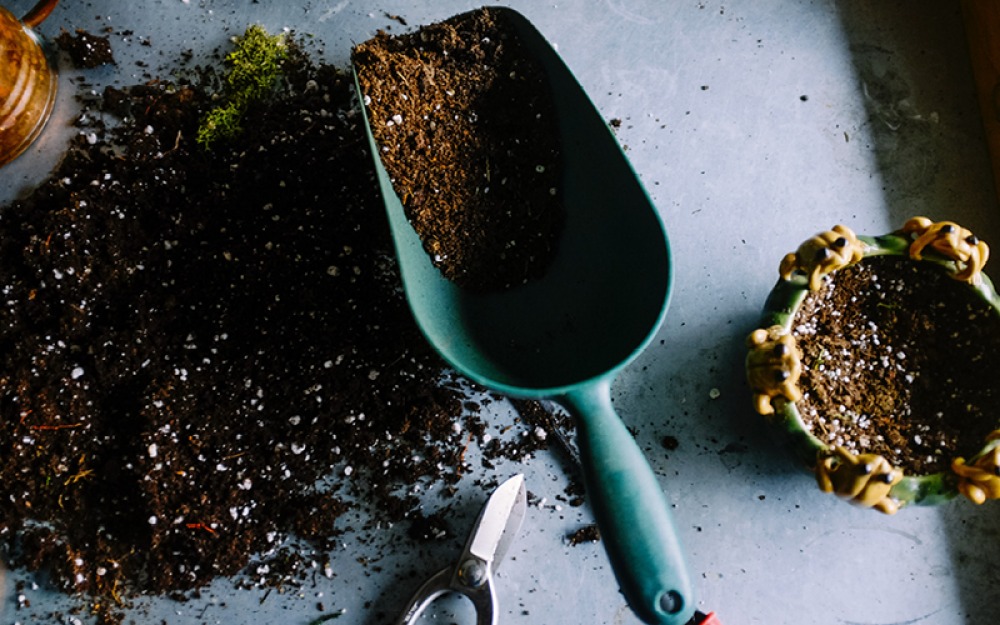
Top Tips for Growing in August
Kitchen Garden
• Prune fan-trained fruit trees.
• Harvest tomatoes, beans, courgettes, apples, plums, strawberries and cherries.
• Cut herb garden to encourage new growth.
• Remove strawberry runners to conserve the plant’s energy so it can concentrate on fruit production.
Pests
• Keep an eye out for butterfly eggs on the leaf of brassicas.
• Keep a lookout for blight on your potatoes and tomato plants. If you suspect your plant is diseased, remove and destroy any infected plants to stop it spreading.
• Fruit is ripe and birds are hungry so use make sure you protect soft fruit and berries from avian visitors.
British Garden Centres





